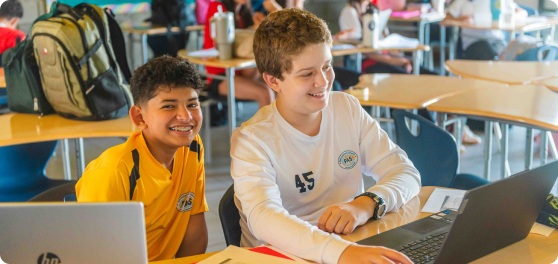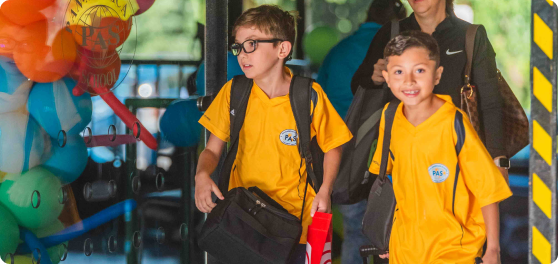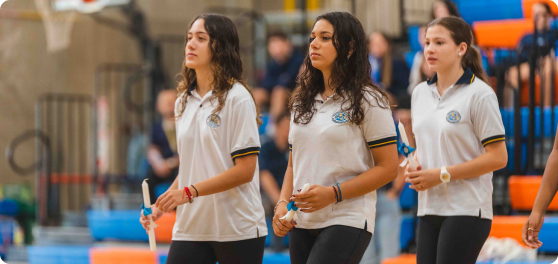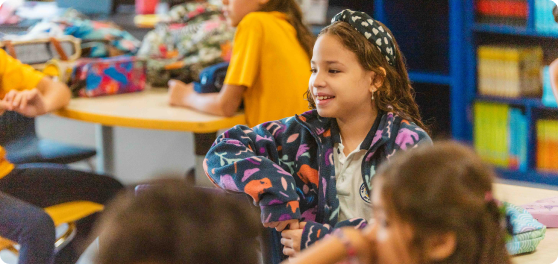Domains of Professional Excellence
Domain 1: Transformative Pedagogical Excellence and Innovation
This domain emphasizes educators' expertise in instructional strategies, curriculum design, and assessment practices to foster rigorous and engaging learning aligned with High Quality Learning. Teachers design authentic, student-centered experiences, integrate technology purposefully, and use formative and summative assessments to differentiate instruction based on individual needs. They continually reflect on and improve their teaching, seek feedback, and adopt innovative methods to enhance both instructional effectiveness and student outcomes.

Domain 2: Flexible and Open-Minded

This domain highlights educators' adaptability, openness to diverse perspectives, and professional curiosity. Teachers adjust their instructional approaches to meet the evolving needs of students, ensuring equitable and developmentally appropriate learning opportunities. They engage in self-reflection, welcome feedback, and use data to improve both student outcomes and professional growth. Additionally, they foster an inclusive classroom culture that values diversity, encourages risk-taking, and promotes a growth mindset.
Domain 3: Collaborative Communication and Community Building
This domain emphasizes fostering a culture of respectful cooperation, empathy, and mutual growth through effective communication and collaboration. Educators actively engage in professional learning communities, share knowledge and best practices, and prioritize teamwork to enhance collective growth. They practice empathetic listening, communicate clearly across cultures, and facilitate inclusive and reflective dialogue. By promoting equity, diversity, and a sense of belonging, they create a culturally responsive school environment that values all stakeholders and strengthens community relationships.

Domain 4: Empowering and Positive

This domain focuses on educators' ability to inspire and motivate learners, fostering agency, resilience, and a growth mindset. Teachers cultivate a classroom culture that values student voice, encourages leadership, and promotes ownership of learning. They help students embrace challenges, view failures as opportunities, and continuously improve. By creating a supportive and inclusive environment, educators prioritize social-emotional well-being, celebrate diversity, and foster mutual respect and encouragement among all learners.
